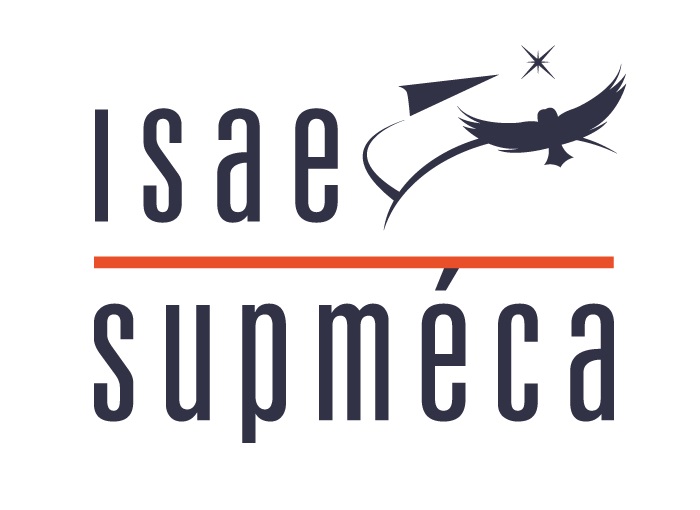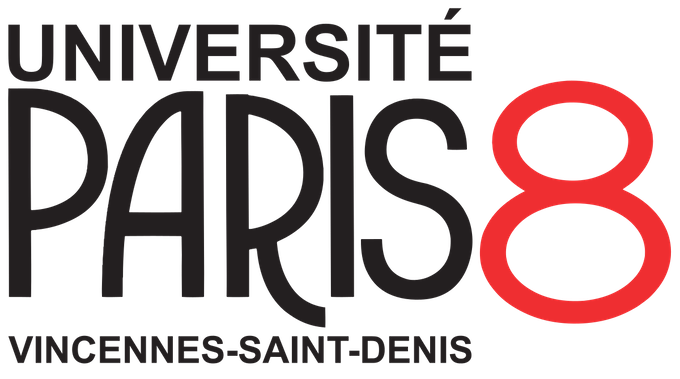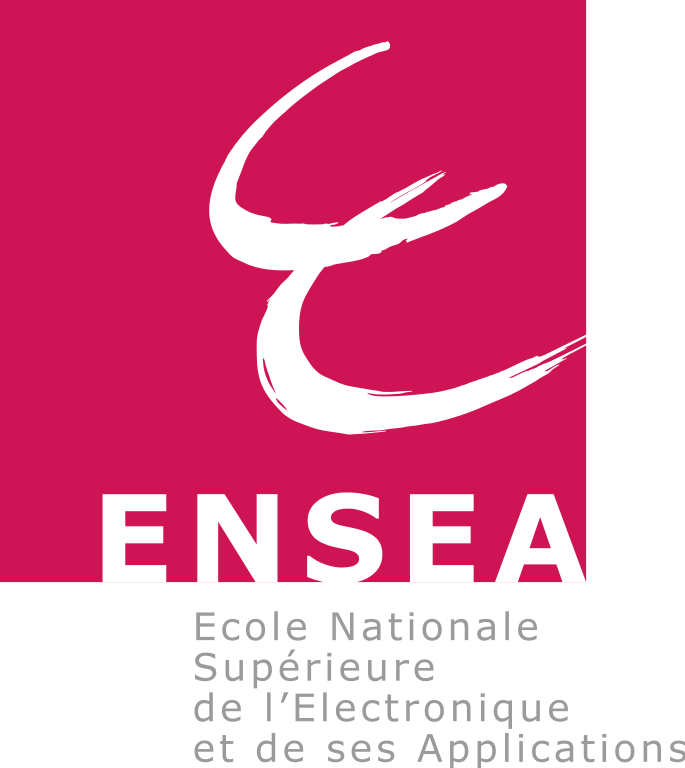Presentation
The Quartz Laboratory’s research activities are mainly focused on the engineering of complex systems, information sciences and their interactions in relation with applied mathematics.
The Quartz laboratory is a multidisciplinary research unit dedicated to the engineering of complex systems. It is structured into six research teams covering a range of disciplinary and multidisciplinary scientific themes, focusing on : the vibratory and acoustic behaviour of structures ; the behaviour of materials under the severe stresses induced by operation and the consideration of non-linearities and geometric constraints in the context of analysing and optimising the behaviour of mechanical systems ; non-linear automation, power electronics, fast electronics, sustainable systems, renewable energy and mechatronics.
Cross-disciplinary projects ensure interaction between the different research themes. The Quartz Laboratory designs and produces prototypes (numerical and physical), tests, and develops innovative solutions to fundamental and applied problems raised by the study and engineering of complex systems. These solutions take into account the economic and environmental challenges of society, with total respect for human dignity. The synergy of its research activities and the expertise developed are exploited to satisfy academic and industrial expectations, by offering a wide-ranging offer of engineering sciences, as can be seen from the diversity of the contracts dealt with since it was founded in 2015. It is strongly involved in a large number of clusters (Systematic, Nextmove, Cap Digital, ASTech, Cosmetic Valley) and present in many research groups : MACS, DYNOLIN, MaDICS and GT SDH, Sync-Obs, C2EI, Easy-dim, IS3C.
Thus, different types of expertise, their synergy, and their grouping in sufficient numbers (critical size) of researchers by theme make up the basic core of Quartz, which aims at carrying out fundamental research, its transfer and exploitation at the same time.




